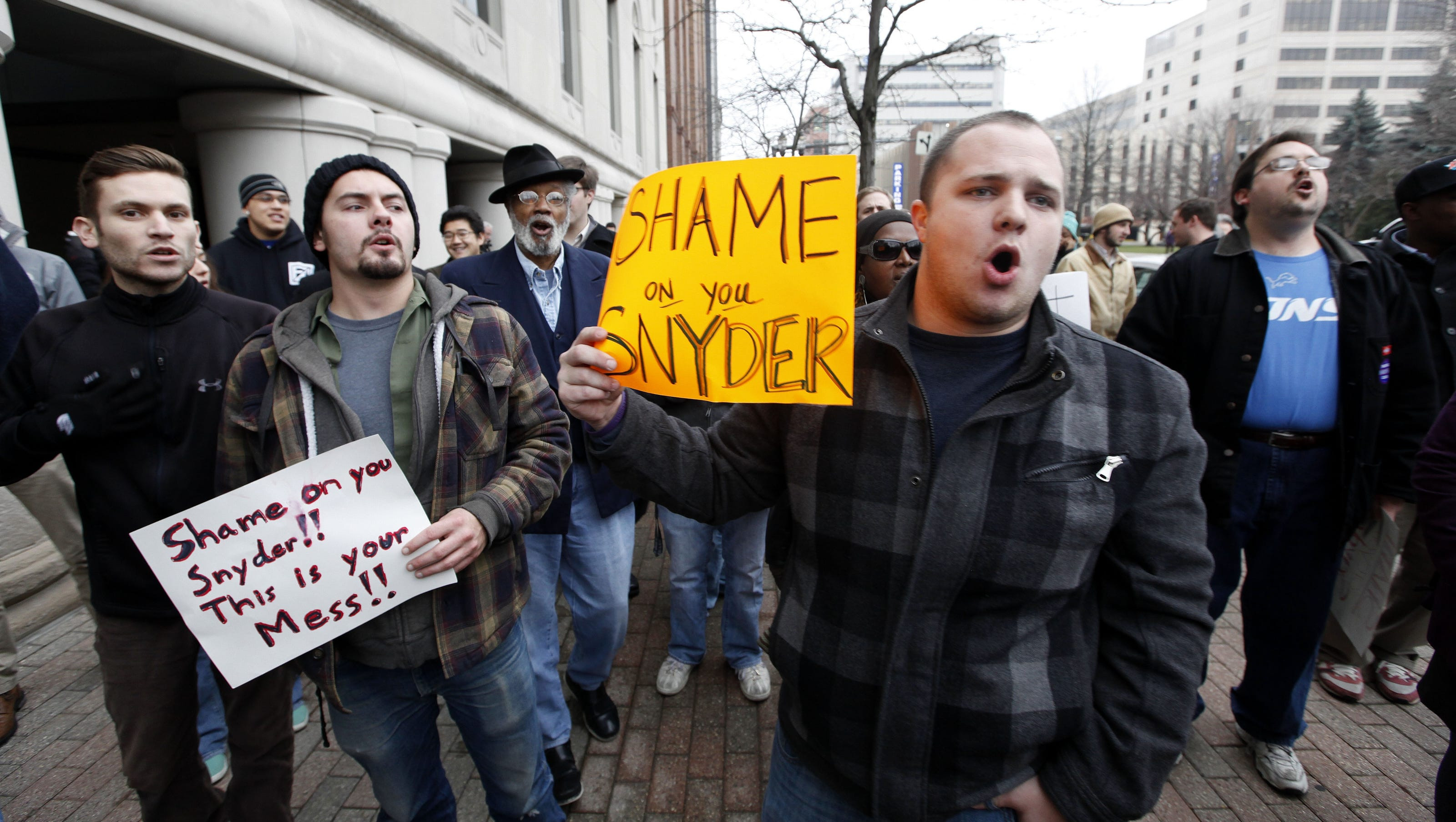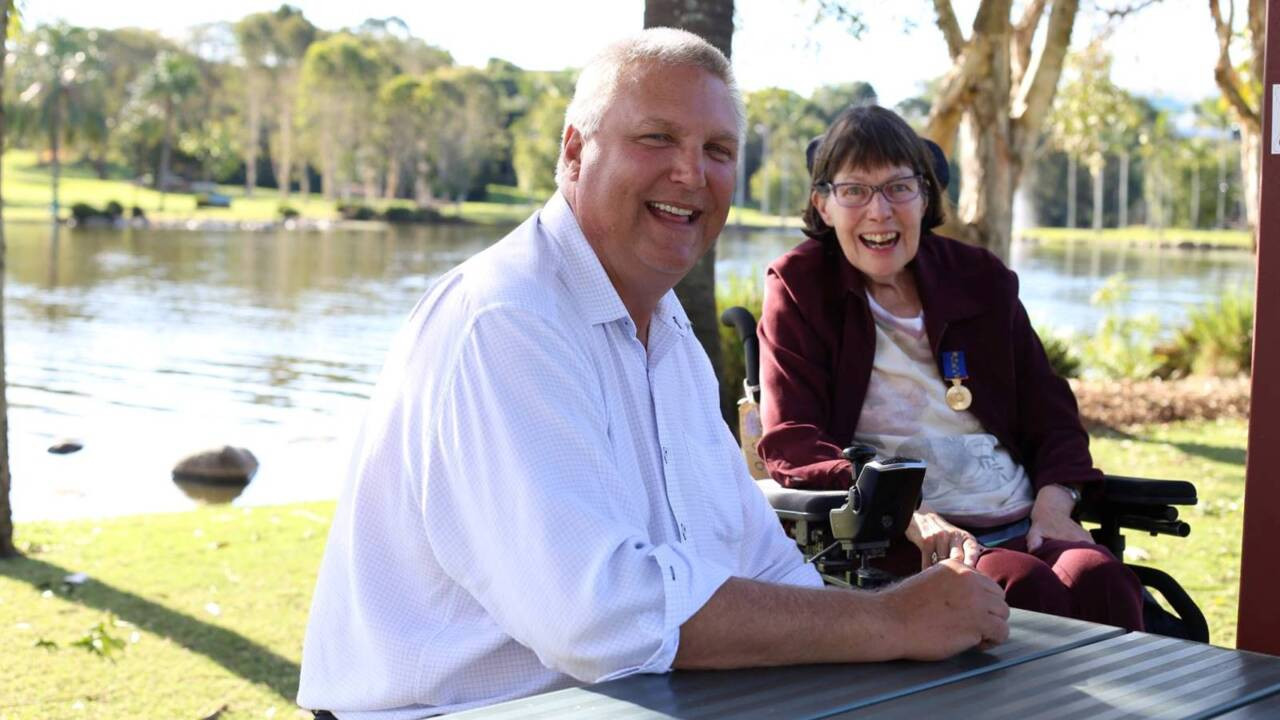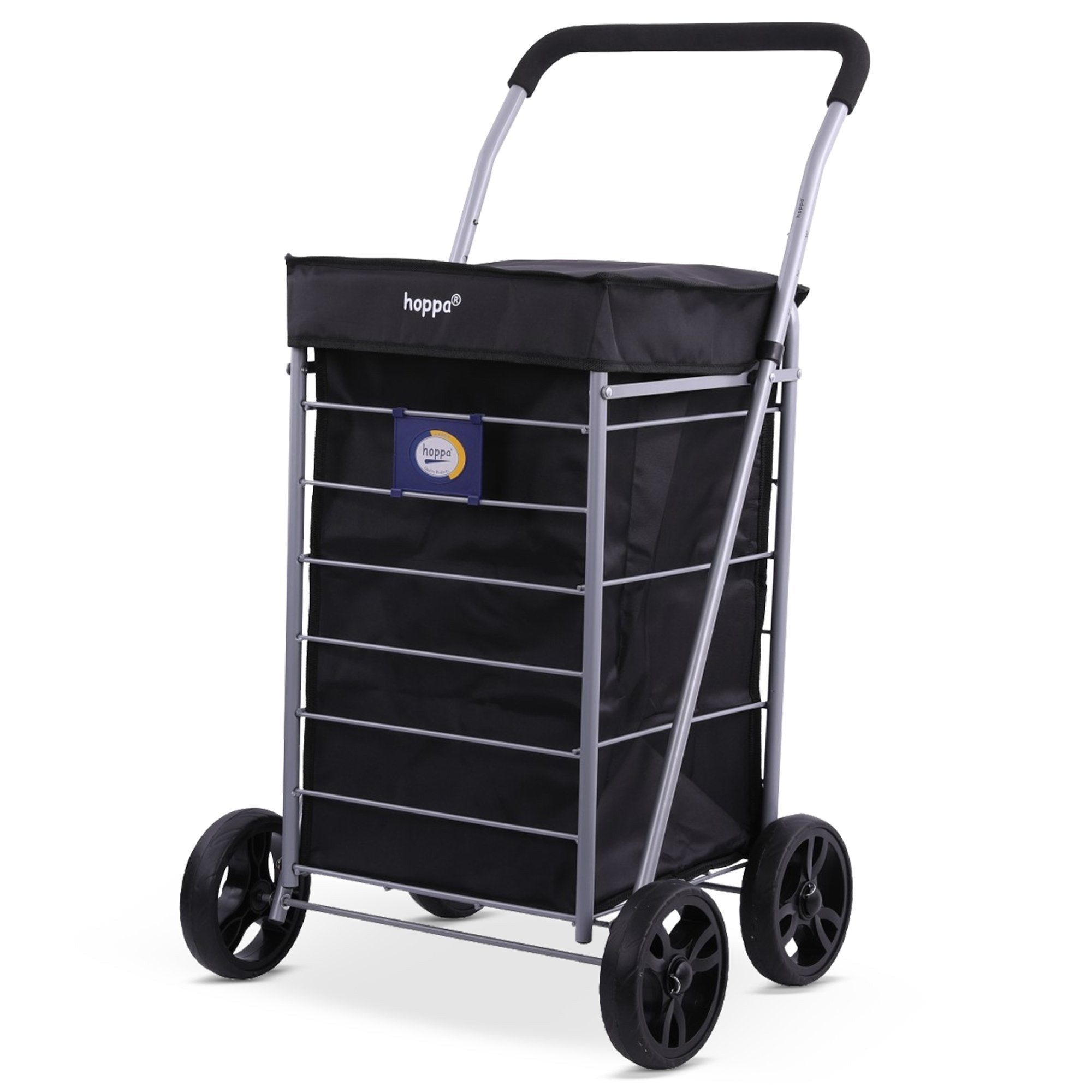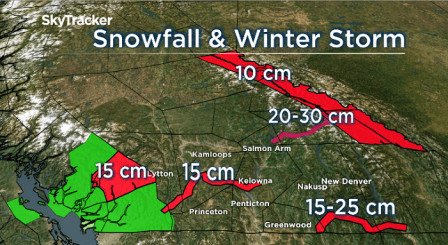The Australian Federal election campaign is heating up as voter sentiments reveal notable shifts, especially concerning cost of living issues and party preferences. Recent polling shows the Labor party trailing behind the coalition, with mounting concerns over economic management influencing voter decisions.
The poll results from the Australian Financial Review indicate Labor's primary vote sits at 32% compared to the coalition's 41%. The coalition also leads on the two-party preferred measure, with 51% against Labor's 49%.
Prime Minister Anthony Albanese responded to the polling data, stating Labour is focused on the needs of the Australian people. He emphasized, "These are challenging times, but we're determined to get it right, and we're determined to continue to be focused, not on the politics of division."
Despite the coalition's lead, Albanese has remained the preferred prime minister for 45% of surveyed voters, slightly edging out opposition leader Peter Dutton, who received 41%. This suggests some level of confidence remains for Albanese among the electorate.
The polling period coincided with significant developments, including rising unemployment and warnings from the central bank indicating it's unlikely to reduce interest rates soon. These economic concerns are deeply rooted in voters' minds as they evaluate which party they believe can best handle such issues.
When voters were asked about who would manage cost-of-living pressures more effectively, the coalition was preferred by 35%, with only 28% backing Labor. A group of 37% remained uncertain, highlighting potential volatility among voter opinions.
The discourse around gambling reform also took center stage, echoing the campaign’s broader economic themes. PM Albanese critiqued the status quo of gambling advertisements, calling it "unacceptable" and promising to prioritize meaningful reforms.
Labour backbencher Mike Freelander criticized the absence of proposals for a complete ban on gambling advertisements, calling it "disgusting". This backs the recommendations of late Labor MP Peta Murphy's landmark report advocating for reformed gambling policies.
Albanese reiterated the government’s commitment to thorough consultation with stakeholders to avoid unintended consequences. He acknowledged the importance of addressing online and offshore gambling regulation as part of broader reforms.
On the other side of the aisle, independent MP Zoe Daniel called for stringent legislation to ban gambling advertisements across various media. Introducing her private member's bill, Daniel framed the potential for reform as "a once-in-a-generation moment."
Daniel expressed concerns over the government’s likely lip service toward Murphy's recommendations, urging members of parliament not to waste the opportunity presented by public demand for change. Her proposal seeks to cut down on gambling advertising, particularly targeting younger demographics impacted by the current trends.
The challenges of addressing the gambling sector reflect broader societal concerns about young people and the pressures they face. The proposed reforms also tap directly on how sport and gambling are increasingly intertwined within Australian culture.
Meanwhile, Labor faced scrutiny for not acting on important recommendations more decisively after more than a year. Albanese stated the need for caution, ensuring the government gets these reforms just right.
Voter sentiment during the campaign period reflects not just economic anxieties but also what many constituents feel about ethical governance and representations of community values. The convergence of these issues is anticipated to shape the narrative as the election draws near.
Overall, the Australian Federal election Campaign is witnessing fervent debates around economic management, social responsibility, and the integrity of leadership. These issues will continue to evolve as voters engage more deeply with their preferred candidates and the policies they represent.
With economic conditions fluctuated throughout the nation, how parties address these pivotal issues will likely be deciding factors as voters head to cast their ballots. Each party's ability to connect with community concerns could heavily influence their electoral success.
On a two-party preferred basis, the government is on 49 per cent against 51 per cent for the opposition, the Australian Financial Review/Freshwater Strategy poll shows.
Labor’s primary vote was 32 per cent, against 41 per cent for the coalition, with the Greens on 12 per cent.
Asked about the poll on Monday, Prime Minister Anthony Albanese said Labor was focused on the needs of the Australian people.
“So these are challenging times, but we’re determined to get it right, and we’re determined to continue to be focused, not on the politics of division,” he told ABC radio.
“We’ll leave that to (Opposition Leader) Peter Dutton, we’re determined to focus on the needs of the Australian people. ”
The poll of 1061 voters was taken between Friday and Sunday, after the return of federal parliament last week.
The week was dominated by a rise in the unemployment rate, a warning from the central bank that it’s unlikely to cut interest rates any time soon and conflicts in parliament between Labor and the coalition over refugee visas, gambling reforms and the CFMEU.
The poll also surveyed voters on their key issues.
Asked who would better manage cost-of-living pressures, 35 per cent of voters nominated the coalition with 28 per cent stumping for Labor and 37 per cent unsure.
The result was similar when voters were asked which major party would be better at managing the overall economy.
But asked about their preferred prime minister, 45 per cent of voters nominated Mr Albanese, with 41 per cent for Mr Dutton and 11 per cent for neither.
With the Coalition maintaining a 51-49 two-party preferred lead over Labor, the 1 percentage point increase in primary support for both major parties isn’t enough to put either on track for majority government.
The week starts with a new poll revealing minority government is the most likely outcome if the next federal election were called tomorrow. The latest Australian Financial Review/Freshwater Strategy poll has the Coalition leading 51% to 49% on a two-party-preferred basis, with its primary vote up to 42% and Labor’s up to 32%.
“If repeated on election day, it would send Labor well into minority,” the AFR declared, saying the government still trails the Coalition when it comes to economic management and national security. However, on voters’ number one issue — cost of living — Labor has apparently closed the Coalition’s lead by five points over the last month (the lead now stands at 35% vs 28%).
The AFR View
Poll shows why productivity should be the main game in Canberra — The AFR View (Australian Financial Review): The essential problem remains that the economy, amid a still very tight labour market, is generating more demand than can be efficiently supplied without pushing up the prices of goods and services. This has coincided with Australia’s post-pandemic productivity freefall, which is making it harder to get on top of the inflation that is eating into real wages and living standards.
Both Labor and the Coalition have failed to seriously engage with ambitious tax, industrial relations and regulatory reform agendas. This is the real main game to boost productivity, help tame inflation, and create the prosperity that most voters aspire to.
Today’s poll sounds a warning for Australia’s key economic challenge. A gridlock of minority governments would mean that Canberra’s productivity policy problem, which is already partly to blame for prolonging the cost of living pain, will only get worse after the next election.


















